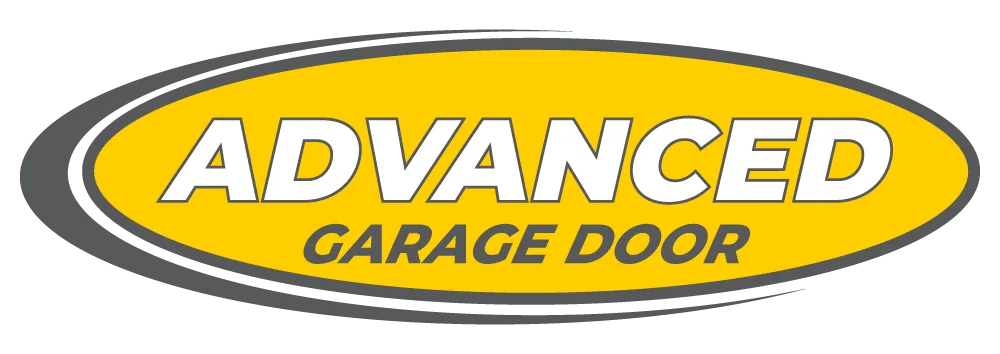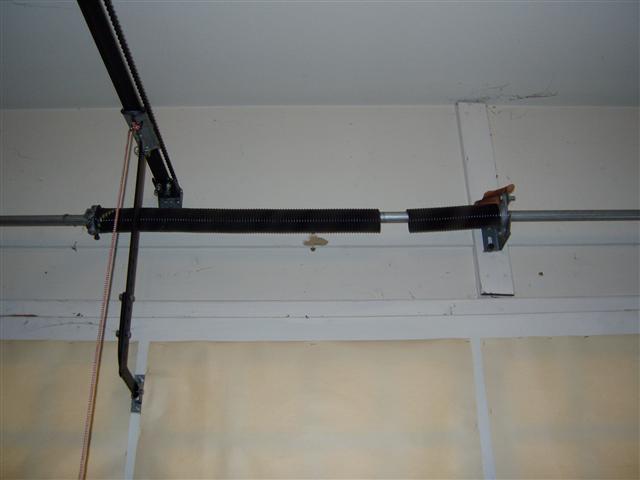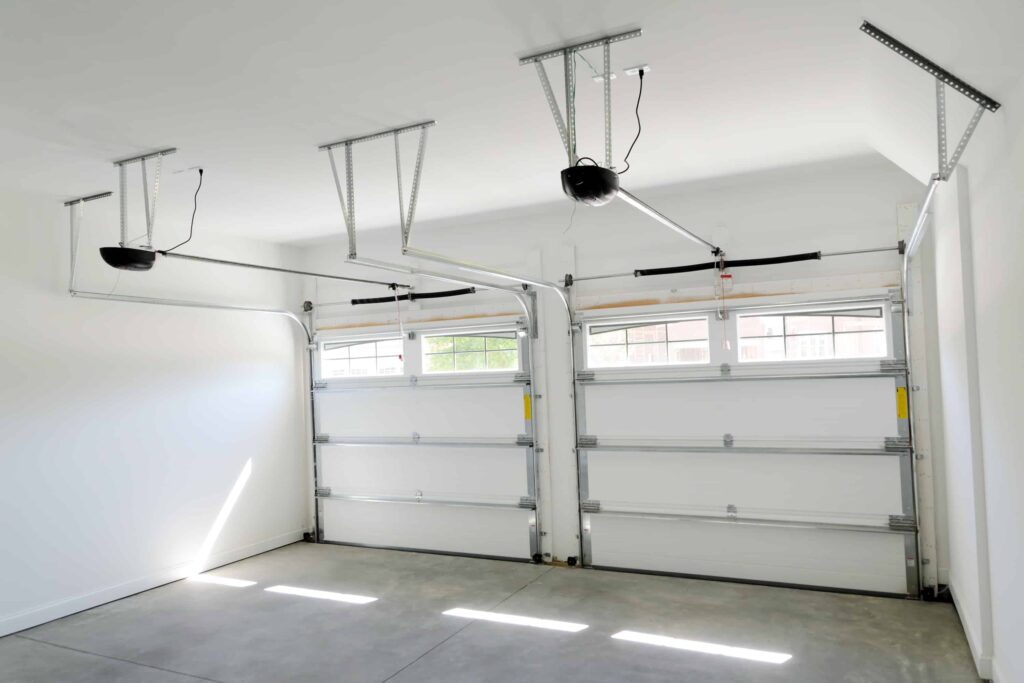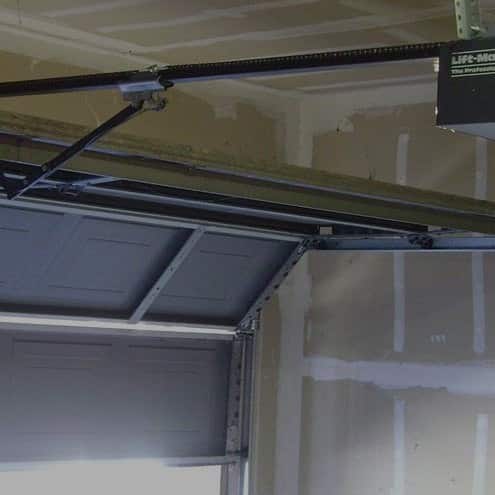Ensuring the functionality of your garage door springs is crucial; the last thing you’d want is to encounter issues with them. Unfortunately, like everything else, garage door springs may face problems over time. Recognizing the warning signs of spring troubles is vital, as they play a pivotal role in balancing your garage door and facilitating smooth operation.
Here’s what you need to know about identifying garage door spring issues, common problems, and the steps to take if you encounter any problems.
Signs You Have Garage Door Spring Issues
It’s generally recommended to inspect your garage door springs monthly for potential signs of malfunction. You can visually assess them for problems and listen for unusual sounds.
Here are some of the signs to watch out for.
- Your garage won’t open. If your garage door is not responding, there could be various reasons, including issues with the springs. It’s advisable to call a professional to diagnose and resolve the problem.
- Difficulty lifting the garage door manually. If your springs are in good condition, lifting the door should be easy. If it feels heavy or struggles to stay up, it’s an indication of spring problems.
- Incomplete door opening. If your garage door doesn’t fully open or stay in position, spring issues are likely the culprit.
- Sudden door slamming. Properly functioning springs prevent the door from slamming shut. If your door slams down, it indicates a malfunction in the springs.
- Noticeable visual changes. Springs are susceptible to wear, tear, and rust, just like other parts of your home. If they appear different, it could signal a growing issue. Addressing it early can prevent it from becoming a major problem.
Common Garage Door Spring Issues
Now that we’re gone over some of the ways you can tell if you have garage door spring issues, let’s get into some of the issues themselves. Here at Advanced Door, we often fix garage door springs. Here are some of the most common issues we see.
Broken Torsion Springs
Torsion springs are positioned directly over your closed garage door, these are often the first to fail. A loud snapping sound indicates a broken torsion spring. If the door partially opens and then stops, it’s likely due to a broken spring.
Squeaky Springs
While some noise is normal, excessively squeaky doors may indicate a spring problem. Lubrication with garage door spring oil can sometimes solve this, but professional assistance may be necessary for more severe cases.
Snapped Cable
Extension springs, located above the tracks on either side of the door, have cables for spring control. If these snap or become loose, it affects the functioning of the springs, causing problems with the garage doors.
Tension Problems
A properly functioning garage door should move smoothly. If it’s sluggish, it’s likely due to insufficient tension in the springs, which could be caused by wear and tear or the need for adjustment.
What to Do When Facing Garage Door Spring Issues:
Seeking professional help is strongly advised for garage door spring problems. Attempting any form of spring repair on your own can be extremely dangerous. Garage door experts possess the necessary training, experience, and equipment to address spring issues safely and effectively. If your garage door springs aren’t functioning properly, it’s time to bring in the experts to resolve the problem.
Experiencing Garage Door Spring Issues?
Advanced Door offers professional garage door repair services. If you’re encountering spring troubles, we’re here to assist you. Contact us today for any questions or to schedule your garage door spring repair.



